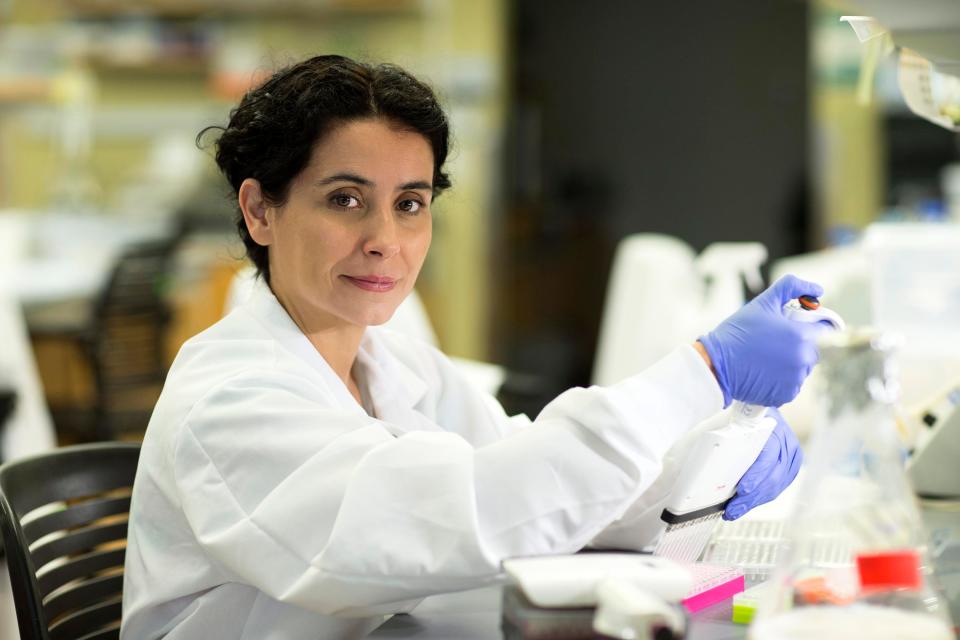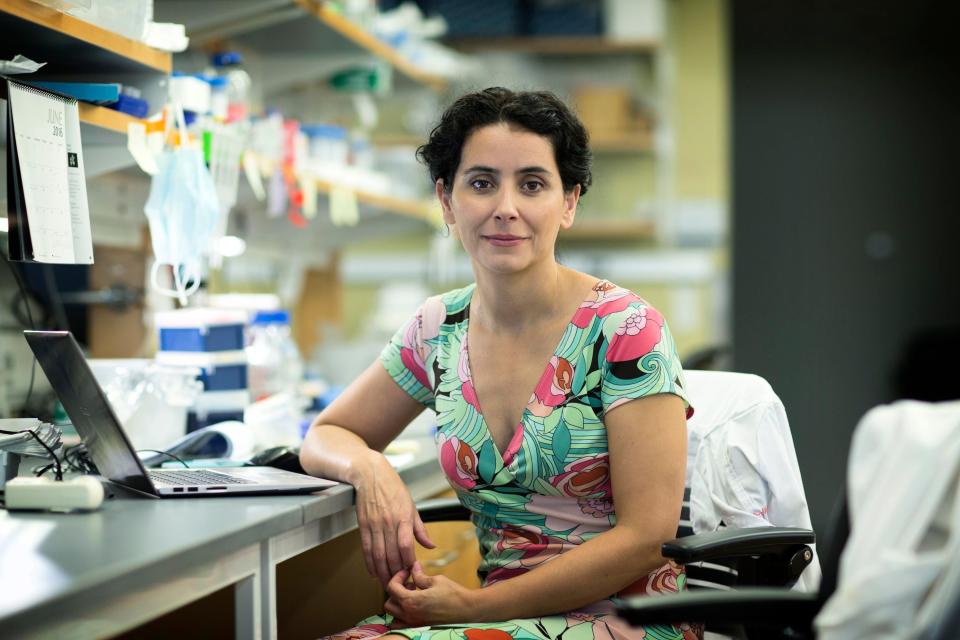An unexpected discovery by UVA researchers may help humans live longer
The secret to increased longevity may lie in AMAR – Sanskrit for ‘immortality’

CHARLOTTESVILLE — University of Virginia scientists have identified a promising approach to delay aging by detoxifying the body harmful byproducts of fat that naturally accumulate over time, the university announced in a press release.
The new findings come from UVA researcher Eyleen Jorgelina O’Rourke, PhD, and her team, who have been seeking to identify the mechanisms driving healthy aging and longevity. Their new work suggests a potential way to do so by reducing glycerol and glyceraldehyde’s health-draining effects.
Discovery leads to living longer healthier lives
"The discovery was unexpected," said O’Rourke, of UVA’s Department of Biology and the UVA School of Medicine’s Department of Cell Biology. "We went after a very well-supported hypothesis that the secret to longevity was the activation of a cell-rejuvenating process named autophagy and ended up finding an unrecognized mechanism of health and lifespan extension. An exciting aspect of the discovery is that the key to switch on this longevity mechanism is the activation of two enzymes that are very well studied because of their role in ethanol detoxification. (Ethanol is the alcohol contained in beer and bourbon.) This existing knowledge greatly facilitates our search for drugs that can specifically activate this anti-aging process.”
Anti-aging approach to slow down aging
In their search for the secrets to slow down aging, O’Rourke and her graduate student Abbas Ghaddar and postdoc Vinod Mony turned to microscopic worms called C. elegans. These soil dwellers share more than 70% of our genes and are an invaluable tool for biomedical research; two Nobel prizes in medicine were awarded to discoveries made using this worm exclusively, the researchers said in the release.
Prior aging research made O’Rourke and others in the field suspect that the key to extending lifespan was to activate autophagy, a process that renews broken and old parts in our cells. But O’Rourke and her team were surprised to find that wasn’t necessary — the scientists improved the worms’ health and lifespan by 50% with no increase in autophagy at all.

Fountain of youth discovery named AMAR
They did this by capitalizing on a mechanism they discovered and named AMAR, the Sanskrit word for immortality. AMAR, in this instance, stands for "Alcohol and aldehyde-dehydrogenase Mediated Anti-aging Response." In short, the scientists found that they could prompt an anti-aging response by putting the spurs to particular gene, adh-1. Doing so prompted the gene to produce more of an enzyme, alcohol dehydrogenase, that prevented the toxicity caused by glycerol and, indirectly, glyceraldehyde. The result was that the worms lived longer, healthier lives.
Lab models don't always hold true in people, but this one does
Findings in lab models don’t always hold true in people, so the researchers took several more steps to see if their lead was as promising as it appeared, they said. First, they confirmed that the enzyme had similar beneficial effects on lifespan in another lab model, yeast. Then they scoured through research looking at gene activity in creatures, including humans, who had undergone fasting or calorie restriction because both fasting and calorie restriction are known to extend healthspan and lifespan. Sure enough, the scientists found increased levels of the anti-aging enzymes in all the mammals tested, including in humans.
AMAR may offer a way to head off the fat-derived toxicity, extend the number of years we live in good health, and maybe help us shed some extra pounds, too, researchers said.
“We hope to attract interest in developing therapeutics that target AMAR,” said O’Rourke, who is part of UVA’s Robert M. Berne Cardiovascular Research Center. “With age-related diseases currently being the major health burden for patients, their families and the healthcare system, targeting the process of aging itself would be most effective way to reduce this burden and increase the number of years of independent healthy living for all of us.”
The team of researchers published their findings in the scientific journal Current Biology.
A special family: Like father, like daughter: Hulls enjoying taking the stage together for 'Sound of Music'
A true crime story: The Stocking Mask series: limited-time glimpse from behind the paywall
International Women's Day feature: Color opens up worlds for artist Noelia Nuñez and for viewers of her paintings
Reporter Monique Calello can be reached at mcalello@newsleader.com. Subscribe to us at newsleader.com and support local journalism.
This article originally appeared on Staunton News Leader: Aging: Discovery by UVA researchers may help humans live longer

